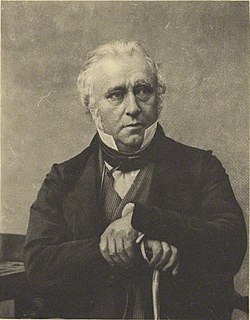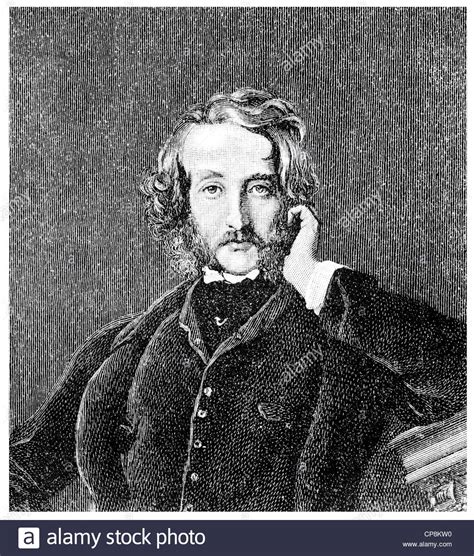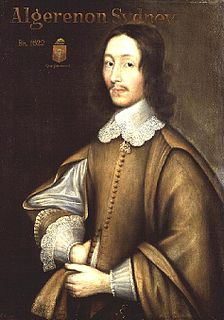A Quote by Percy Bysshe Shelley
A poet, as he is the author to others of the highest wisdom, pleasure, virtue, and glory, so he ought personally to be the happiest, the best, the wisest, and the most illustrious of men.
Related Quotes
It is certainly true that reason is the most important and the highest rank among all things and, in comparison with other things of this life, the best and something divine. It is the inventor and mentor of all the arts, medicines, laws, and of whatever wisdom, power, virtue, and glory men possess in this life.
The aim of every political Constitution, is or ought to be first to obtain for rulers men who possess most wisdom to discern, and most virtue to pursue, the common good of society; and in the next place, to take the most effectual precautions for keeping them virtuous whilst they continue to hold their public trust.
The best soldiers are not warlike; the best fighters do not lose their temper. The greatest conquerors are those who overcome their enemies without strife. The greatest directors of men are those who yield place to others. This is called the Virtue of not striving, the capacity for directing mankind; this is being the compeer of Heaven. It was the highest goal of the ancients.
If we could sufficiently understand the order of the universe, we should find that it exceeds all the desires of the wisest men, and that it is impossible to make it better than it is, not only as a whole and in general but also for ourselves in particular, if we are attached, as we ought to be, to the Author of all, not only as to the architect and efficient cause of our being, but as to our master and to the final cause, which ought to be the whole aim of our will, and which can alone make our happiness.







































